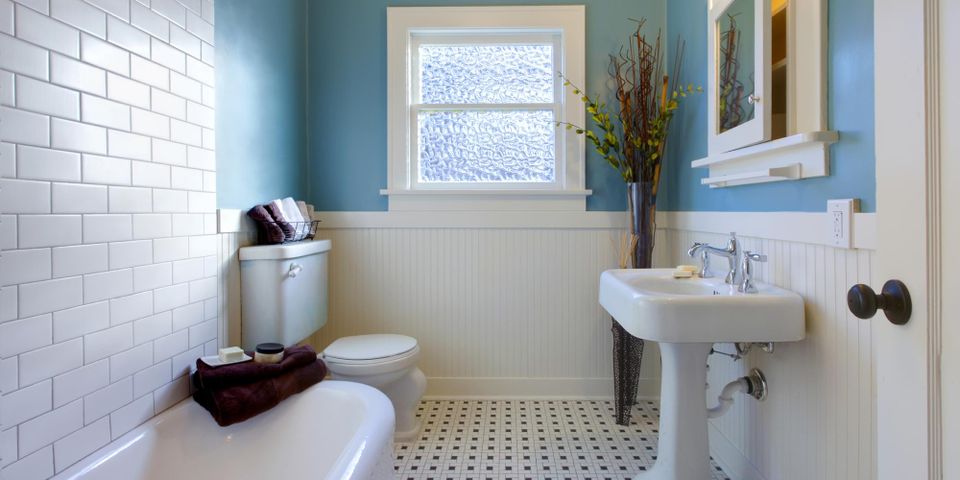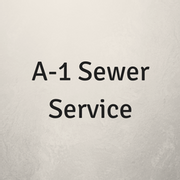
When you have a septic system, everything you flush or pour down the drain ends up in your tank. Certain items won’t break down like waste, leading to clogs, burst pipes, and breakdowns. Understanding what not to dispose of in your plumbing can help you avoid repairs and extend the life of your system. Here are a few habits to avoid to keep your tank functioning efficiently.
Products to Avoid Flushing Into a Septic System
1. Chemicals
Paints and products that contain insoluble salts, chloride, sulfates, bleach, and ammonia don’t mix with water. Instead, they disrupt the water-treatment bacteria in a septic tank. If these lifeforms die, your tank won’t be able to break down the solid waste, resulting in a malfunction. To avoid issues, only clean your plumbing fixtures with natural, nontoxic products and never pour chemicals down the drain.
2. Grease, Oils & Fats
 When cooking grease, including fats and oils, travels down the drain, it coats the insides of your pipes. As other food particles and items pass, they’ll get snagged by the grease, eventually leading to blockages. As a result, the pressure that builds up can lead to burst pipes. Prevent clogs by pouring cooking waste into containers and tossing them in the trash.
When cooking grease, including fats and oils, travels down the drain, it coats the insides of your pipes. As other food particles and items pass, they’ll get snagged by the grease, eventually leading to blockages. As a result, the pressure that builds up can lead to burst pipes. Prevent clogs by pouring cooking waste into containers and tossing them in the trash.
3. Paper & Hygiene Products
Baby wipes, paper towels, feminine hygiene products, diapers, and other sanitary products all create plumbing problems. Since they’re made of cotton, they expand when they’re wet, creating blockages in piping. They’re also difficult to break down, accumulating in your septic tank and filling it up more quickly. Toss these items in the trash and make sure your family members know to never flush them.
If you require septic system assistance, the professionals at A-1 Sewer Service provide all the services needed. Serving Middletown, NY, and the surrounding communities since 1979, their skilled team handles sewer cleaning and installations, septic pumping, and repairs. Learn more about how they can help on their website, or call (845) 294-5524 to schedule an inspection.
About the Business
Have a question? Ask the experts!
Send your question

